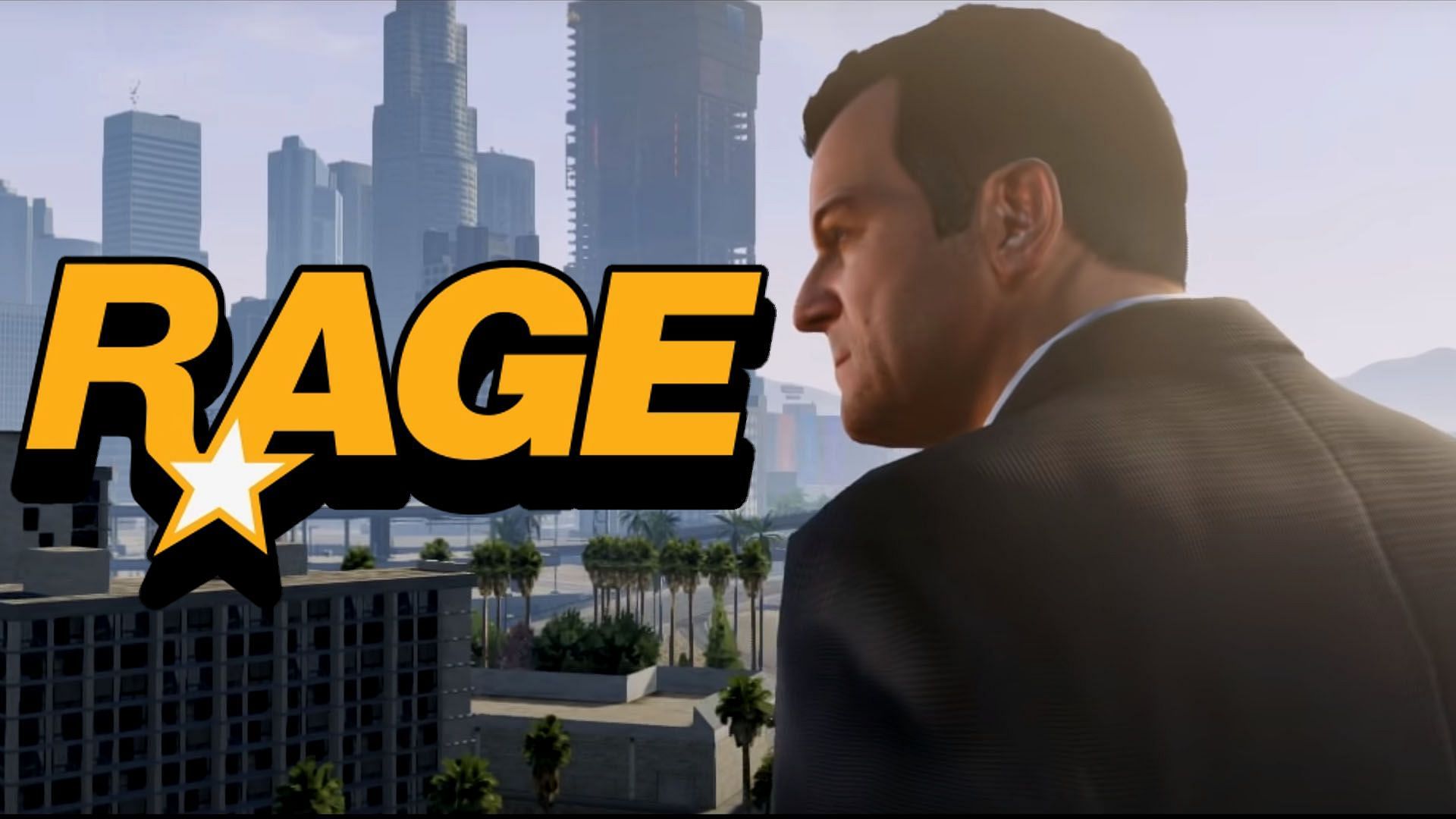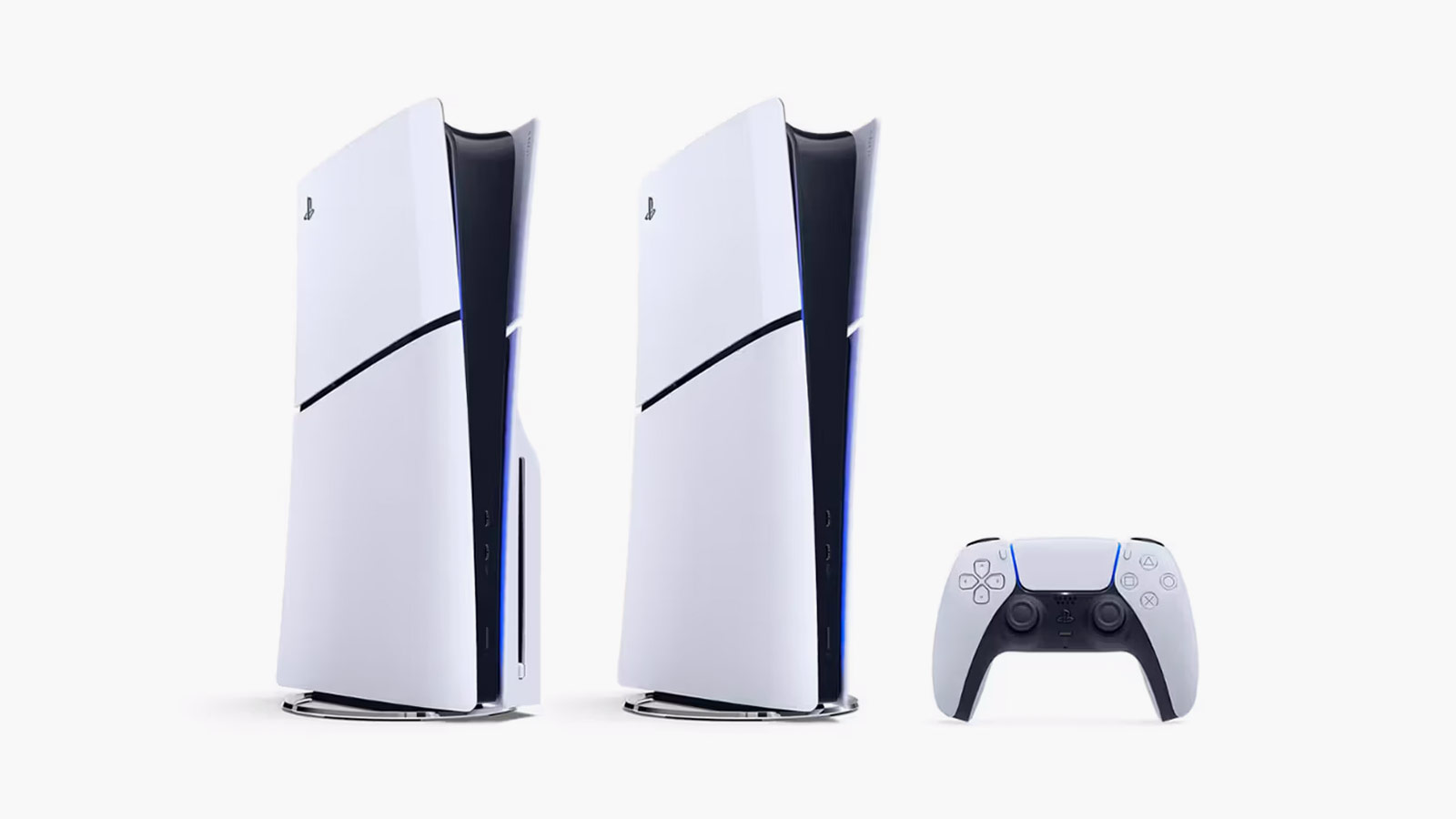The Metaverse Land Grab - Virtual Real Estate Booms as Brands Stake Their Claim

The metaverse is no longer a futuristic concept relegated to science fiction. It's rapidly evolving into a tangible digital realm, and one aspect of it is experiencing explosive growth: virtual real estate. Just like in the physical world, land in the metaverse is a finite resource, and brands are rushing to secure their piece of this burgeoning digital frontier.
The Rise of Virtual Land
The metaverse encompasses a network of interconnected virtual worlds, each with its own unique characteristics, communities, and, importantly, real estate. This digital land exists as parcels represented by non-fungible tokens (NFTs), ensuring verifiable ownership and scarcity.
While the concept of virtual real estate might seem abstract, its value proposition is grounded in several factors:
- Scarcity: Just like physical land, the amount of virtual land within a specific metaverse platform is limited, driving up its desirability.
- Brand Visibility: Owning virtual land allows brands to establish a persistent presence in high-traffic areas within metaverses, enhancing visibility and engagement opportunities.
- Experiential Marketing: Brands can leverage virtual land to create immersive experiences, from virtual storefronts and showrooms to interactive games and events.
- Community Building: Virtual land can serve as a hub for communities to gather, interact, and participate in shared experiences, fostering brand loyalty.
Data Speaks Volumes: A Booming Market
The numbers paint a clear picture of the metaverse land grab's magnitude. According to a report by Metaverse Group, a leading virtual real estate company, the average price of a parcel of land in Decentraland, one of the most popular metaverse platforms, surged by 400% in 2021.
Here are some notable data points:
- In November 2021, a virtual land plot in Decentraland sold for a record-breaking $2.43 million.
- Republic Realm, a metaverse investment firm, purchased a virtual land portfolio in The Sandbox, another prominent metaverse platform, for $4.3 million.
- Grayscale, a leading digital asset management firm, estimates that the metaverse market could reach $1 trillion in annual revenue within the next few years.
Brands Jump on the Metaverse Bandwagon
Recognizing the potential of virtual real estate, a growing number of brands across various industries are establishing their presence in the metaverse:
- Fashion: Gucci, Adidas, and Nike have all purchased virtual land and launched metaverse experiences, offering digital fashion items and immersive brand activations.
- Entertainment: Music labels are hosting virtual concerts within metaverse platforms, while film studios are exploring opportunities for interactive movie experiences.
- Retail: Brands like Sotheby's and Samsung are creating virtual storefronts, allowing users to browse and purchase products in a 3D environment.
- Real Estate: Even traditional real estate companies are entering the metaverse, offering virtual versions of their properties for sale and rent.
A New Frontier with Unfolding Potential
The metaverse land grab is still in its early stages, but it's clear that virtual real estate is emerging as a valuable asset class. As the metaverse continues to evolve, we can expect to see even more innovative applications of virtual land, blurring the lines between the physical and digital worlds.
For brands, the metaverse presents an unprecedented opportunity to connect with consumers in new and engaging ways. By embracing virtual real estate and the broader metaverse, brands can position themselves at the forefront of this transformative technology and shape the future of digital experiences.

















Comments ()